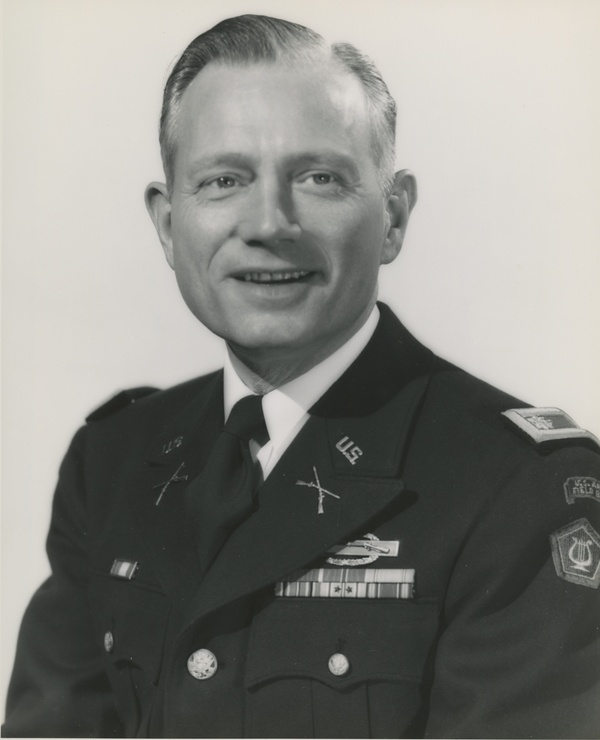
The History of the Army Field Band
Preserving the Legacy, Inspiring the Future

Preserving the Legacy, Inspiring the Future












We welcome all alumni of the Field Band, as well as those of the First Combat Infantry Band and the Army Ground Forces Band, to share your stories and memories.
As we continually find new gems hiding in our history, we hope our valued alumni can help us to uncover stories of your service to our organization. We also hope that you will drop us a line to let us know how to contact you as we plan alumni celebration events. We need your help in collecting anecdotes, images, interviews, and insight into our history to share with all of our extended Field Band family.
To be added to our contact list, please visit the questionnaire below, or contact our Alumni Events Team Leader. We look forward to hearing from you, hearing your stories, and reliving the days that led our organization to where it is today!
Sign Up as AlumniAlumni Events Coordinator -
Master Sgt.
Bradford
Danho
bradford.j.danho.mil@army.mil
Attn: Unit Historian
The U.S. Army Field Band
4214 Field Band Drive STE 5330
Fort Meade, MD 20755-7055